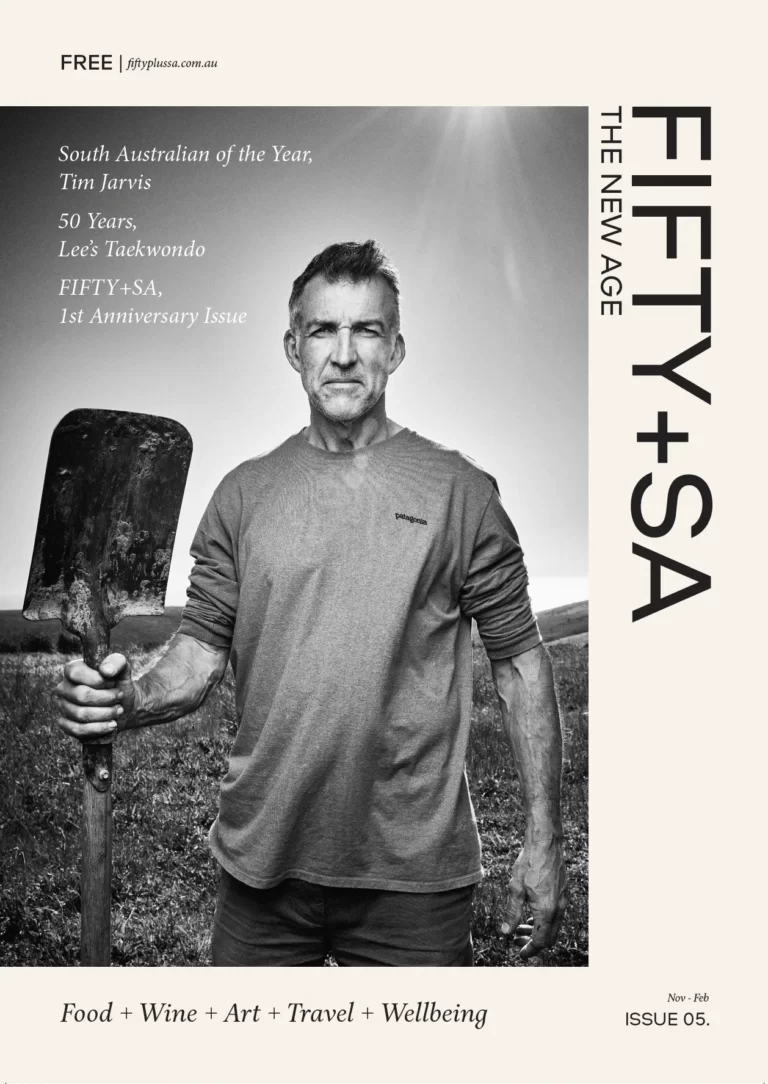In many work environments, employees are exposed to high levels of noise that can have a detrimental impact on their hearing. Industries such as construction, manufacturing, aviation, and entertainment often involve loud machinery, equipment, or constant exposure to noise. With proper awareness and preventive measures, workers can safeguard their hearing health and prevent long-term damage. However, let’s also consider the “work” environment at home i.e. gardening tools, drills and other such equipment and read on… this is for you all.

Can:Do Hearing’s Audiologist Gabrielle Ward says, “My passion is working with hearing-loss clients and their families, helping them to stay connected and empowered to live their best life.
“Of course, prevention is better than treatment, which is why I encourage everyone to wear hearing protection, whether you are at home using power tools and lawn mowers, or work in a damagingly noisy environment.
“We all need to protect what we have, but it’s particularly important for our clients with existing hearing loss, as we want to protect what is remaining.”
This article highlights the importance of hearing safety and provides practical tips to ensure auditory well-being in loud job settings.
Understanding the Risks
Prolonged exposure to excessive noise levels can lead to irreversible damage to the delicate structures of the inner ear. Occupational hearing loss is a serious concern that can have profound personal, social, and economic consequences. It can result in communication difficulties, reduced job performance, increased accidents due to impaired situational awareness, and even diminished quality of life.
Tips for Hearing Safety
Hearing Protection: The most effective way to reduce noise-related risks is by using appropriate hearing protection devices such as earplugs and earmuffs. Select ones that are approved by relevant regulatory bodies or have them custom made by an audiologist to ensure they fit well to provide adequate noise reduction.
I encourage everyone to wear hearing protection, whether you are at home using power tools and lawn mowers, or work in a damagingly noisy environment.
Audiologist Gabrielle Ward
Limit Exposure Time: Whenever possible, minimise the duration of exposure to loud noise. Take regular breaks away from noisy environments to allow your ears to rest and recover. Even short periods of respite can significantly reduce the cumulative impact on your hearing.
Maintain Distance: Keep a safe distance from loud machinery or equipment whenever feasible. The intensity of noise diminishes with distance, so try to position yourself farther away from the noise source.
Engineering Controls: Employers should prioritise engineering controls to mitigate noise levels. Enclosures, barriers, and sound-absorbing materials can help reduce noise propagation. Regular maintenance and servicing of machinery can also help minimise noise emissions.
Training and Awareness: Employers should provide comprehensive training programs to educate workers about the risks associated with loud noise exposure and how to use hearing protection effectively. Employees should be made aware of the signs of hearing loss and encouraged to report any concerns promptly.
Regular Hearing Check-ups: Undergo regular hearing screenings to monitor your auditory health. Early detection of hearing loss allows for prompt intervention and prevents further deterioration.
Environmental Modifications: Consider implementing noise-reducing measures such as sound insulation, sound-absorbing panels, or workplace layout adjustments to create a quieter environment.
Personal Listening Devices: Avoid using personal listening devices, such as headphones or earphones, at high volumes during breaks or while working. Exposing your ears to excessive sound levels in leisure time can compound the damage caused by occupational noise.
Protecting your hearing at a loud workplace is crucial for your long-term auditory well-being. By taking proactive steps such as using appropriate hearing protection, limiting exposure time, and promoting workplace awareness, employees and employers can work together to ensure a safe and healthy environment. Remember, preserving your hearing health is an investment in your future, allowing you to enjoy better communication, productivity, and overall quality of life.









